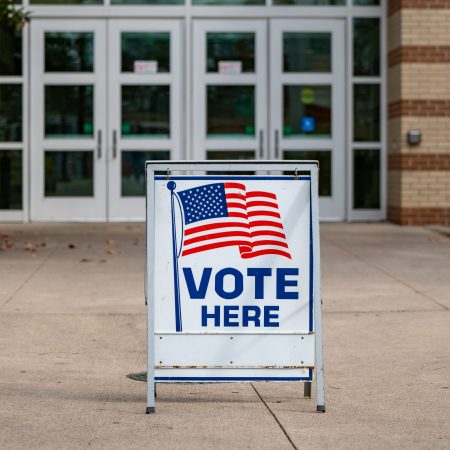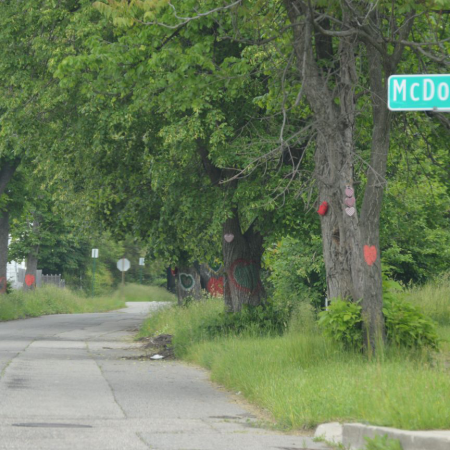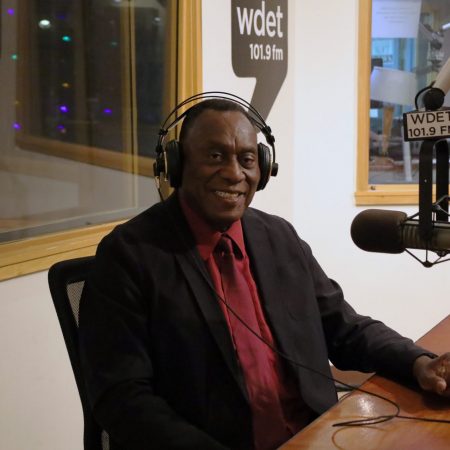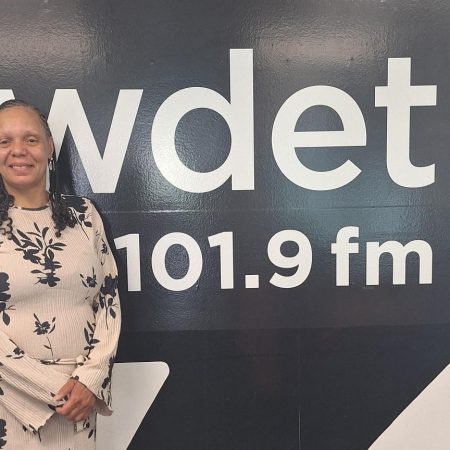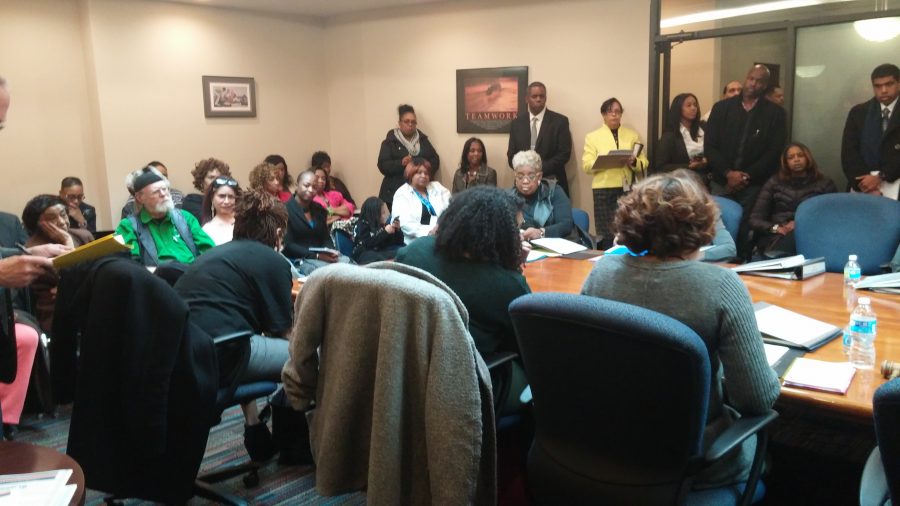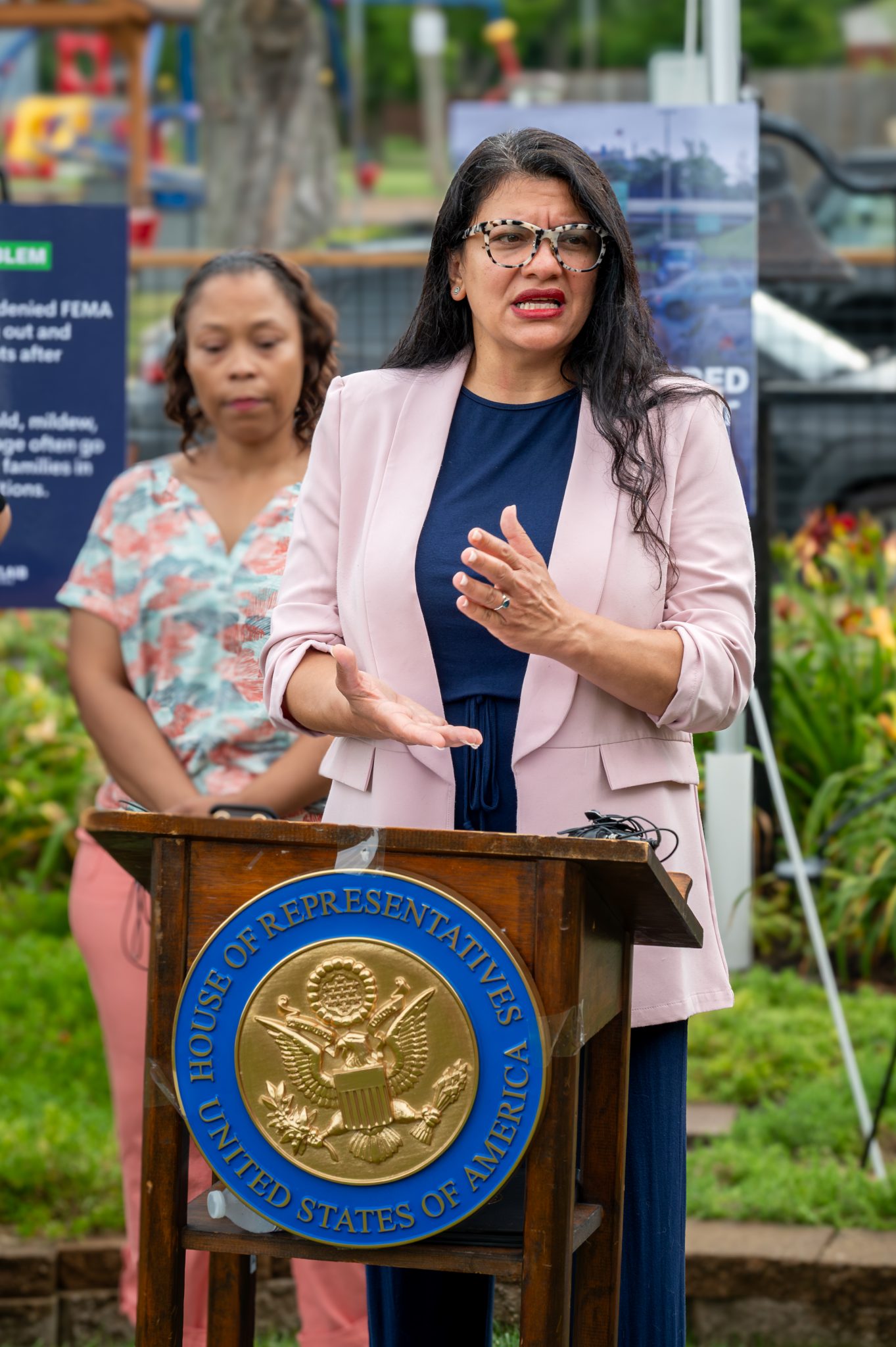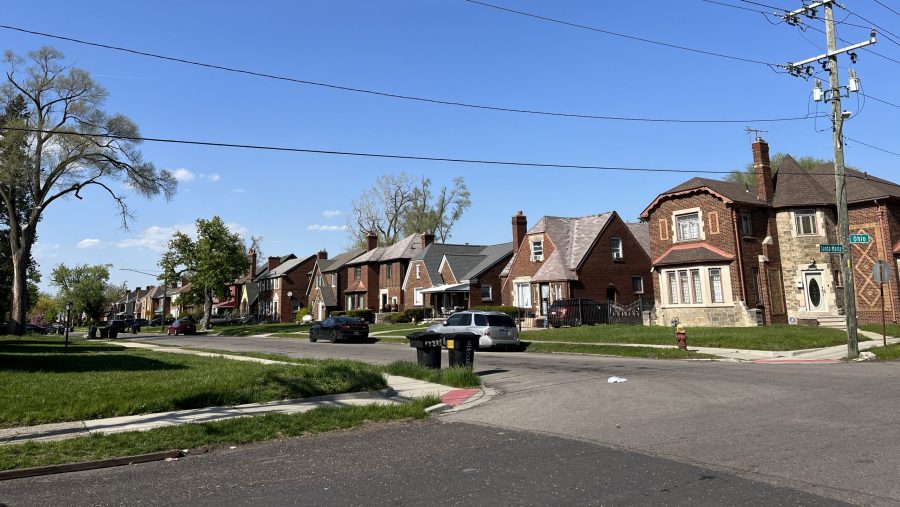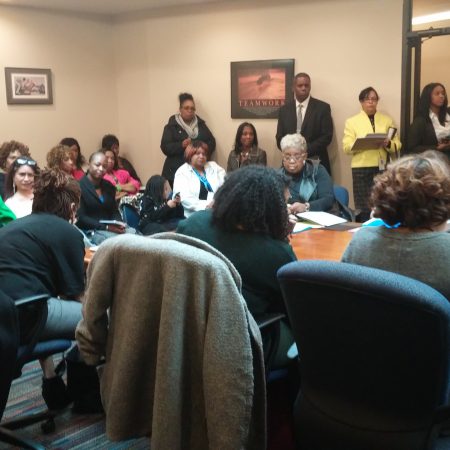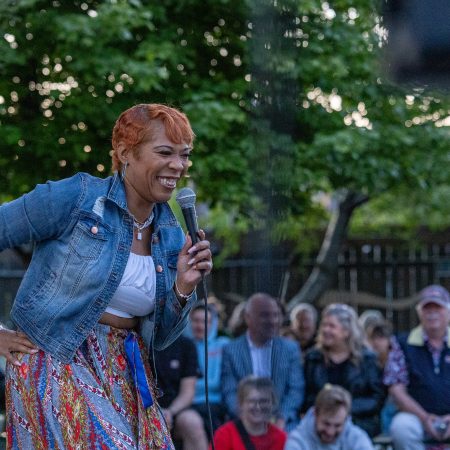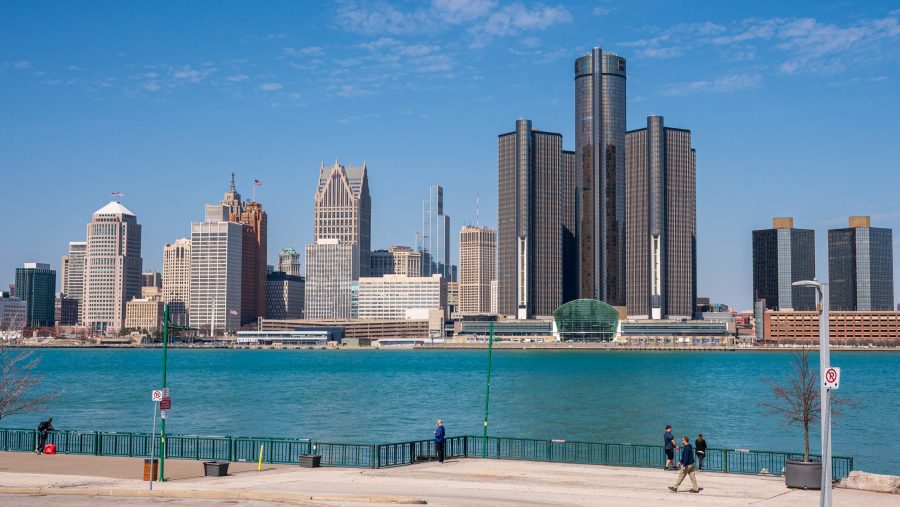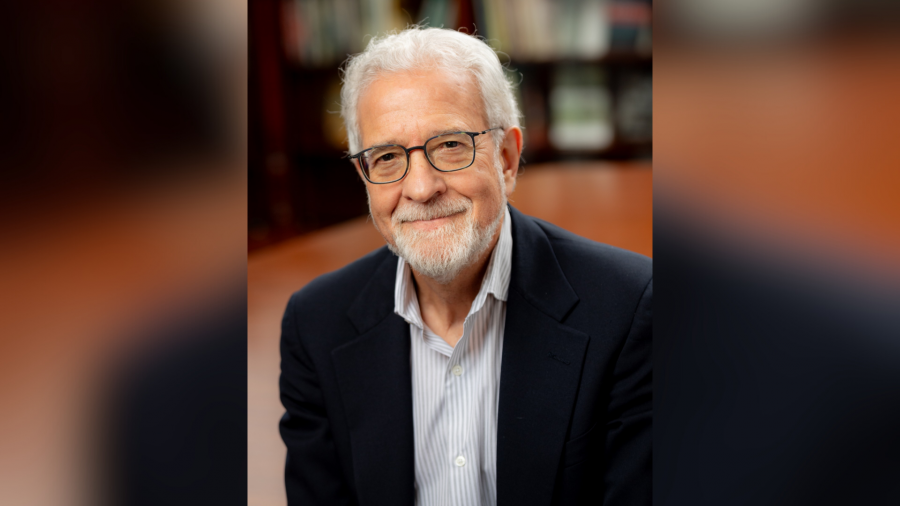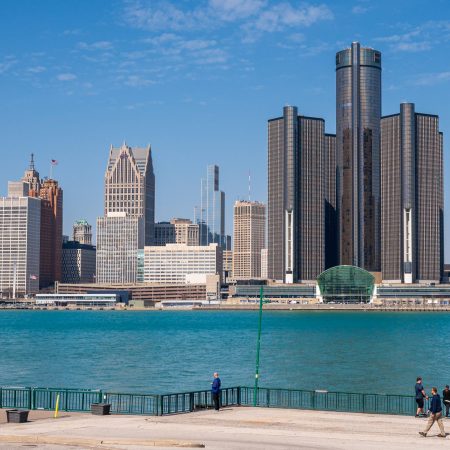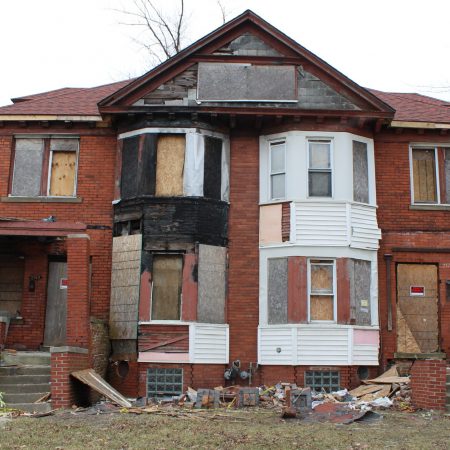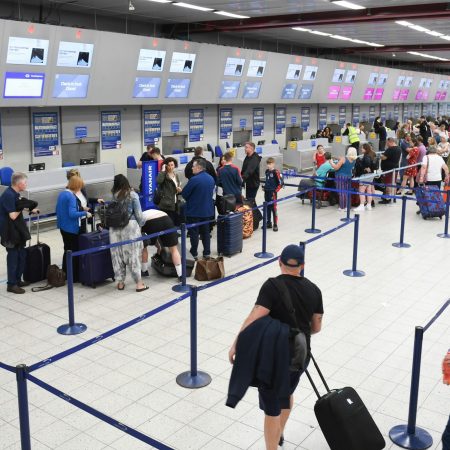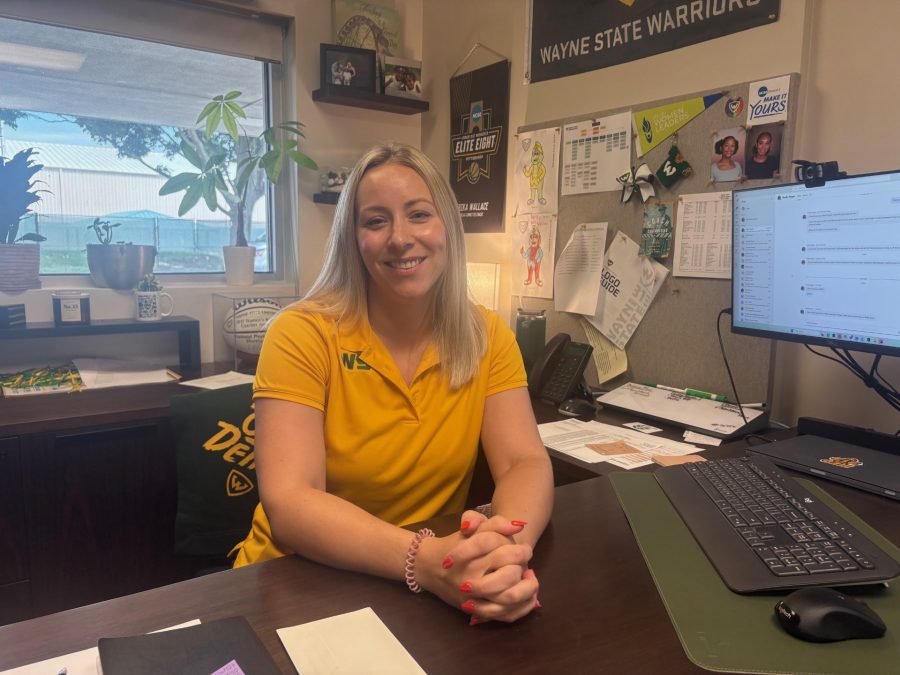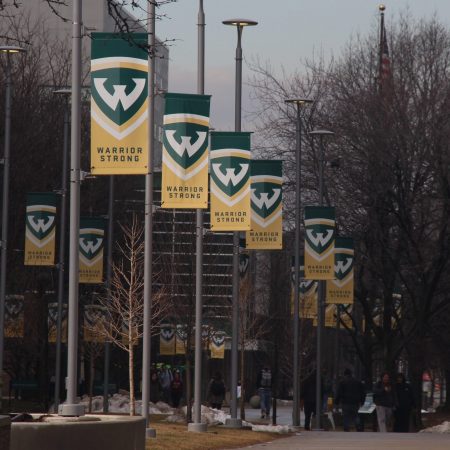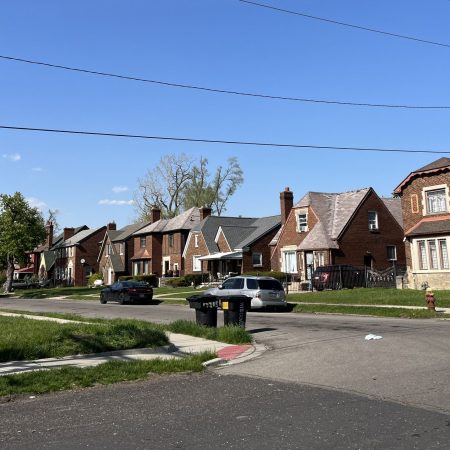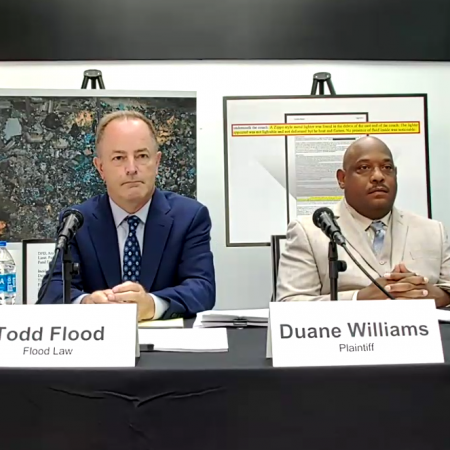Ozzy Osbourne, the gloomy, demon-invoking lead singer of the pioneering band Black Sabbath who became the throaty, growling voice — and drug-and-alcohol ravaged id — of heavy metal, died Tuesday, just weeks after his farewell show. He was 76.
“It is with more sadness than mere words can convey that we have to report that our beloved Ozzy Osbourne has passed away this morning. He was with his family and surrounded by love. We ask everyone to respect our family privacy at this time,” a family statement from Birmingham, England, said. In 2020, he revealed he had Parkinson’s disease after suffering a fall.
Either clad in black or bare-chested, the singer was often the target of parents’ groups for his imagery and once caused an uproar for biting the head off a bat. Later, he would reveal himself to be a doddering and sweet father on the reality TV show “The Osbournes.”
The Big Bang of heavy metal
Black Sabbath’s 1969 self-titled debut LP has been likened to the Big Bang of heavy metal. It came during the height of the Vietnam War and crashed the hippie party, dripping menace and foreboding. The cover of the record was of a spooky figure against a stark landscape. The music was loud, dense and angry, and marked a shift in rock ’n’ roll.
The band’s second album, “Paranoid,” included such classic metal tunes as “War Pigs,” “Iron Man” and “Fairies Wear Boots.” The song “Paranoid” only reached No. 61 on the Billboard Hot 100 but became in many ways the band’s signature song. Both albums were voted among the top 10 greatest heavy metal albums of all time by readers of Rolling Stone magazine.
“Black Sabbath are the Beatles of heavy metal. Anybody who’s serious about metal will tell you it all comes down to Sabbath,” Dave Navarro of the band Jane’s Addiction wrote in a 2010 tribute in Rolling Stone. “There’s a direct line you can draw back from today’s metal, through Eighties bands like Iron Maiden, back to Sabbath.”
Sabbath fired Osbourne in 1979 for his legendary excesses, like showing up late for rehearsals and missing gigs. “We knew we didn’t really have a choice but to sack him because he was just so out of control. But we were all very down about the situation,” wrote bassist Terry “Geezer” Butler in his memoir, “Into the Void.”
Osbourne reemerged the next year as a solo artist with “Blizzard of Ozz” and the following year’s “Diary of a Madman,” both hard rock classics that went multiplatinum and spawned enduring favorites such as “Crazy Train,” “Goodbye to Romance,” “Flying High Again” and “You Can’t Kill Rock and Roll.” Osbourne was twice inducted to the Rock & Roll Hall of Fame — once with Sabbath in 2006 and again in 2024 as a solo artist.
The original Sabbath lineup reunited for the first time in 20 years in July for what Osbourne said would be his final concert. “Let the madness begin!” he told 42,000 fans in Birmingham.
Metallica, Guns N Roses, Slayer, Tool, Pantera, Gojira, Alice in Chains, Lamb of God, Halestorm, Anthrax, Rival Sons and Mastodon all did sets. Tom Morello, Aerosmith’s Steven Tyler, Billy Corgan, Ronnie Wood, Travis Barker, Sammy Hagar and more made appearances. Actor Jason Momoa was the host for the festivities.
“Black Sabbath: we’d all be different people without them, that’s the truth,” said Pantera singer Phil Anselmo. “I know I wouldn’t be up here with a microphone in my hand without Black Sabbath.”
Outlandish exploits and a classic look
Osbourne embodied the excesses of metal. His outlandish exploits included relieving himself on the Alamo, snorting a line of ants off a sidewalk and, most memorably, biting the head off the live bat that a fan threw onstage during a 1981 concert. (He said he thought it was rubber.)
Osbourne was sued in 1987 by parents of a 19-year-old teen who died by suicide while listening to his song “Suicide Solution.” The lawsuit was dismissed. Osbourne said the song was really about the dangers of alcohol, which caused the death of his friend Bon Scott, lead singer of AC/DC.
Then-Cardinal John J. O’Connor of New York claimed in 1990 that Osbourne’s songs led to demonic possession and even suicide. “You are ignorant about the true meaning of my songs,” the singer wrote back. “You have also insulted the intelligence of rock fans all over the world.”
Audiences at Osbourne shows could be mooned or spit on by the singer. They would often be hectored to scream along with the song, but the Satan-invoking Osbourne would usually send the crowds home with their ears ringing and a hearty “God bless!”
He started an annual tour — Ozzfest — in 1996 after he was rejected from the lineup of what was then the top touring music festival, Lollapalooza. Ozzfest has gone on to host such bands as Slipknot, Tool, Megadeth, Rob Zombie, System of a Down, Limp Bizkit and Linkin Park.
Osbourne’s look changed little over his life. He wore his long hair flat, heavy black eye makeup and round glasses, often wearing a cross around his neck. In 2013, he reunited with Black Sabbath for the dour, raw “13,” which reached No. 1 on the U.K. Albums Chart and peaked at No. 86 on the U.S. Billboard 200. In 2019, he had a Top 10 hit when featured on Post Malone’s “Take What You Want,” Osbourne’s first song in the Top 10 since 1989.
In 2020, he released the album “Ordinary Man,” which had as its title song a duet with Elton John. “I’ve been a bad guy, been higher than the blue sky/And the truth is I don’t wanna die an ordinary man,” he sang. In 2022, he landed his first career back-to-back No. 1 rock radio singles from his album “Patient Number 9,” which featured collaborations with Jeff Beck, Eric Clapton, Mike McCready, Chad Smith, Robert Trujillo and Duff McKagan. It earned four Grammy nominations, winning two. (Osbourne won five Grammys over his lifetime.)
At the Rock & Roll Hall of Fame induction ceremony in 2024, Jack Black called him “greatest frontman in the history of rock ‘n’ roll” and “the Jack Nicholson of rock.” Osbourne thanked his fans, his guitarist Randy Rhoads and his longtime wife, Sharon.
The beginnings of Black Sabbath
John Michael Osbourne was raised in the gritty city of Birmingham. Kids in school nicknamed him Ozzy, short for his surname. As a boy, he loved the Four Seasons, Chuck Berry and Little Richard. The Beatles made a huge impression.
“They came from Liverpool, which was approximately 60 miles north of where I come from,” he told Billboard. “So all of a sudden it was in my grasp, but I never thought it would be as successful as it became.”
In the late 1960s, Osbourne had teamed up with Butler, guitarist Tony Iommi and drummer Bill Ward as the Polka Tulk Blues Band. They decided to rename the band Earth, but found to their dismay there was another band with that name. So they changed the name to the American title of the classic Italian horror movie “I Tre Volti Della Paura,” starring Boris Karloff: Black Sabbath.
Once they found their sludgy, ominous groove, the band was productive, putting out their self-titled debut and “Paranoid” in 1970, “Master of Reality” in 1971, “Vol. 4” in 1972 and “Sabbath Bloody Sabbath” in 1973.
The music was all about industrial guitar riffs and disorienting changes in time signatures, along with lyrics that spoke of alienation and doom. “People think I’m insane because I am frowning all the time,” Osbourne sang in one song. “All day long I think of things but nothing seems to satisfy/Think I’ll lose my mind if I don’t find something to pacify.”
The Guardian newspaper in 2009 said the band “introduced working-class anger, stoner sludge grooves and witchy horror-rock to flower power. Black Sabbath confronted the empty platitudes of the 1960s and, along with Altamont and Charles Manson, almost certainly helped kill off the hippy counterculture.”
After Sabbath, Osbourne had an uncanny knack for calling some of the most creative young guitarists to his side. When he went solo, he hired the brilliant innovator Rhoads, who played on two of Osbourne’s finest solo albums, “Blizzard of Ozz” and “Diary of a Madman.” Rhoads was killed in a freak plane accident in 1982; Osbourne released the live album “Tribute” in 1987 in his memory.
Osbourne then signed Jake E. Lee, who lent his talents to the platinum albums “Bark at the Moon” and “The Ultimate Sin.” Hotshot Zakk Wylde joined Osbourne’s band for “No Rest for the Wicked” and the multiplatinum “No More Tears.”
“They come along, they sprout wings, they blossom, and they fly off,” Osbourne said of his players in 1995 to The Associated Press. “But I have to move on. To get a new player now and again boosts me on.”
Courting controversy — and wholesomeness
Whomever he was playing with, Osbourne wasn’t likely to back down from controversy. He had the last laugh when the TV evangelist the Rev. Jimmy Swaggart in 1986 lambasted various rock groups and rock magazines as “the new pornography,” prompting some retailers to pull Osbourne’s album.
When Swaggart later was caught with a sex worker in 1988, Osbourne put out the song “Miracle Man” about his foe: “Miracle man got busted/miracle man got busted,” he sang. “Today I saw a Miracle Man, on TV cryin’/Such a hypocritical man, born again, dying.”
Much later, a whole new Osbourne would be revealed when “The Osbournes,” which ran on MTV from 2002-2005, showed this one-time self-proclaimed madman drinking Diet Cokes as he struggled to find the History Channel on his new satellite television or warning his kids not to smoke or drink before they embarked on a night on the town.
Later, he and his son Jack toured America on the travel show “Ozzy & Jack’s World Detour,” where the pair visited such places as Mount Rushmore and the Space Center Houston. Osbourne was honored in 2014 with the naming of a bat frog found in the Amazon that makes high-pitched, batlike calls. It was dubbed Dendropsophus ozzyi.
He also met Queen Elizabeth II during her Golden Jubilee weekend. He was standing next to singer-actor Cliff Richard. “She took one look at the two of us, said ‘Oh, so this is what they call variety, is it?’ then cracked up laughing. I honestly thought that Sharon had slipped some acid into my cornflakes that morning,” he wrote in “I Am Ozzy.”
Thelma Riley and Osbourne married in 1971; Osbourne adopted her son Elliot Kingsley, and they had two more children, Jessica and Louis. Osbourne later met Sharon, who became her own celebrity persona, when she was running her father’s Los Angeles office. Her father was Don Arden, a top concert promoter and artist manager. She went to Osbourne’s hotel in Los Angeles to collect money, which Osbourne had spent on drugs.
“She says she’ll come back in three days and I’d better have it. I’d always fancied her and I thought, ‘Ah, she’s coming back! Maybe I have a chance.’ I had pizza hanging from my hair, cigarette ashes on my shirt,” he told the Los Angeles Times in 2000. They married in 1982, had three children — Kelly, Aimee and Jack — and endured periodic separations and reconciliations.
He is survived by Sharon, and his children.
